Filter by
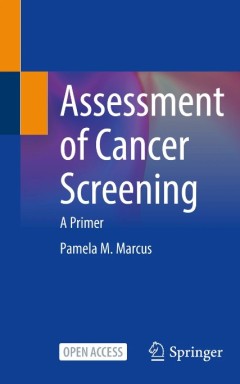
Assessment of Cancer Screening : A Primer
Cancer screening is a prominent strategy in cancer control in the United States, yet the ability to correctly interpret cancer screening data eludes many researchers, clinicians, and policy makers. This open access primer rectifies that situation by teaching readers, in simple language and with straightforward examples, why and how the population-level cancer burden changes when screening is im…
- Edition
- -
- ISBN/ISSN
- 9783030945770
- Collation
- xx, 123 p.
- Series Title
- -
- Call Number
- 616.994075 ASS P
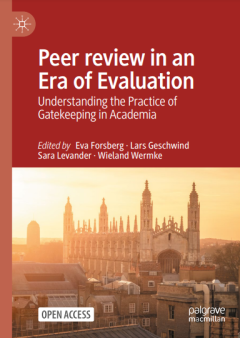
Peer review in an Era of Evaluation : Understanding the Practice of Gatekeepi…
This open access volume explores peer review in the scientific community and academia. While peer review is as old as modern science itself, recent changes in the evaluation culture of higher education systems have increased the use of peer review, and its purposes, forms and functions have become more diversified. This book put together a comprehensive set of conceptual and empirical contribut…
- Edition
- -
- ISBN/ISSN
- 9783030752637
- Collation
- 412 p ; ill
- Series Title
- -
- Call Number
- 001.4 PEE E
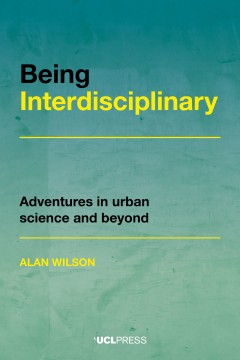
BEING INTERDISCIPLINARY : adventures in urban science and beyond
In Being Interdisciplinary, Alan Wilson draws on five decades as a leading figure in urban science to set out a systems approach to interdisciplinarity for those conducting research in this and other fields. He argues that most research is interdisciplinary at base, and that a systems perspective is particularly appropriate for collaboration because it fosters an outlook that sees beyond discip…
- Edition
- -
- ISBN/ISSN
- 9781800082120
- Collation
- ix, 144 p.
- Series Title
- -
- Call Number
- 001.4 BEI A
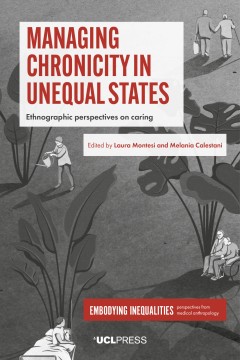
Managing chronicity in unequal states : ethnographic perspectives on caring
By portraying the circumstances of people living with chronic conditions in radically different contexts, from Alzheimer’s patients in the UK to homeless people with psychiatric disorders in India, Managing Chronicity in Unequal States offers glimpses of what dealing with medically complex conditions in stratified societies means. While in some places the state regulates and intrudes on the m…
- Edition
- -
- ISBN/ISSN
- 9781800080287
- Collation
- xxii, 275 p.
- Series Title
- -
- Call Number
- 362.1 MAN L
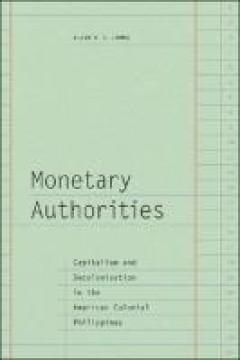
Monetary authorities : capitalism and decolonization in the American colonial…
Allan E. S. Lumba explores how the United States used monetary policy and banking systems to justify racial and class hierarchies, enforce capitalist exploitation, and counter movements for decolonization in the American colonial Philippines.
- Edition
- 4
- ISBN/ISSN
- 9781478092582
- Collation
- ix, 233p.
- Series Title
- -
- Call Number
- 685 MON l
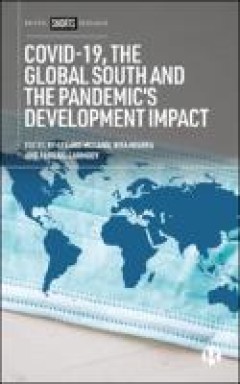
COVID-19, The Global South And The Pandemic’s Development Impact
EPDF and EPUB available Open Access under CC-BY-NC-ND licence. This book examines the unique implications of the pandemic in the Global South. With international contributors from a variety of disciplines, it investigates the pandemic’s effects on development, medicine, gender (in)equality and human rights among other issues. The book’s assessment offers a discourse on the ways in which the…
- Edition
- -
- ISBN/ISSN
- 9781529225679
- Collation
- -
- Series Title
- -
- Call Number
- -
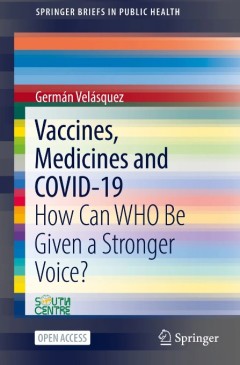
Vaccines, Medicines and COVID-19 : How Can WHO Be Given a Stronger Voice?
This open access book is a collection of research papers on COVID-19 by Germán Velásquez from 2020 and early 2021 that help to answer the question: How can an agency like the World Health Organization (WHO) be given a stronger voice to exercise authority and leadership? The considerable health, economic and social challenges that the world faced at the beginning of 2020 with COVID-19 cont…
- Edition
- -
- ISBN/ISSN
- 9783030891251
- Collation
- xvi, 117 p.
- Series Title
- -
- Call Number
- 362.1962414 VAC G
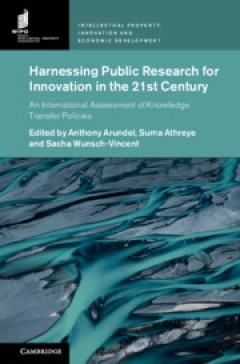
Harnessing Public Research for Innovation in the 21st Century : An Internatio…
Universities and public research institutes play a key role in enabling the application of scientific breakthroughs and innovations in the marketplace. Many countries – developed and developing alike – have implemented national strategies to support the application or commercialization of knowledge produced by public research organizations. Universities and public research institutes have i…
- Edition
- -
- ISBN/ISSN
- 9781108904230
- Collation
- xxxv, 544 p ; ill
- Series Title
- -
- Call Number
- 338.926 HER A
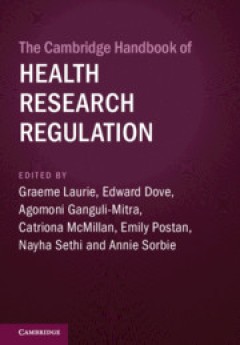
The Cambridge Handbook of Health Research Regulation
The first ever interdisciplinary handbook in the field, this vital resource offers wide-ranging analysis of health research regulation. The chapters confront gaps between documented law and research in practice, and draw on legal, ethical and social theories about what counts as robust research regulation to make recommendations for future directions. The Handbook provides an account and analys…
- Edition
- -
- ISBN/ISSN
- 9781108620024
- Collation
- xix, 444 p ; ill
- Series Title
- -
- Call Number
- 344.04196 CAM G
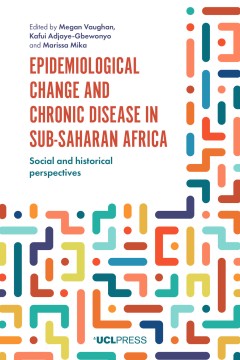
Epidemiological Change and Chronic Disease in Sub-Saharan Africa : Social and…
Epidemiological Change and Chronic Disease in Sub-Saharan Africa offers new and critical perspectives on the causes and consequences of recent epidemiological changes in sub-Saharan Africa, particularly on the increasing incidence of so-called ‘non-communicable’ and chronic conditions. Historians, social anthropologists, public health experts and social epidemiologists present important ins…
- Edition
- -
- ISBN/ISSN
- 9781787357044
- Collation
- xiii, 350p. ill;
- Series Title
- -
- Call Number
- 614.096 EPI M
 Computer Science, Information & General Works
Computer Science, Information & General Works  Philosophy & Psychology
Philosophy & Psychology  Religion
Religion  Social Sciences
Social Sciences  Language
Language  Pure Science
Pure Science  Applied Sciences
Applied Sciences  Art & Recreation
Art & Recreation  Literature
Literature  History & Geography
History & Geography